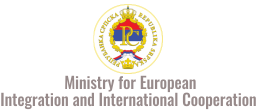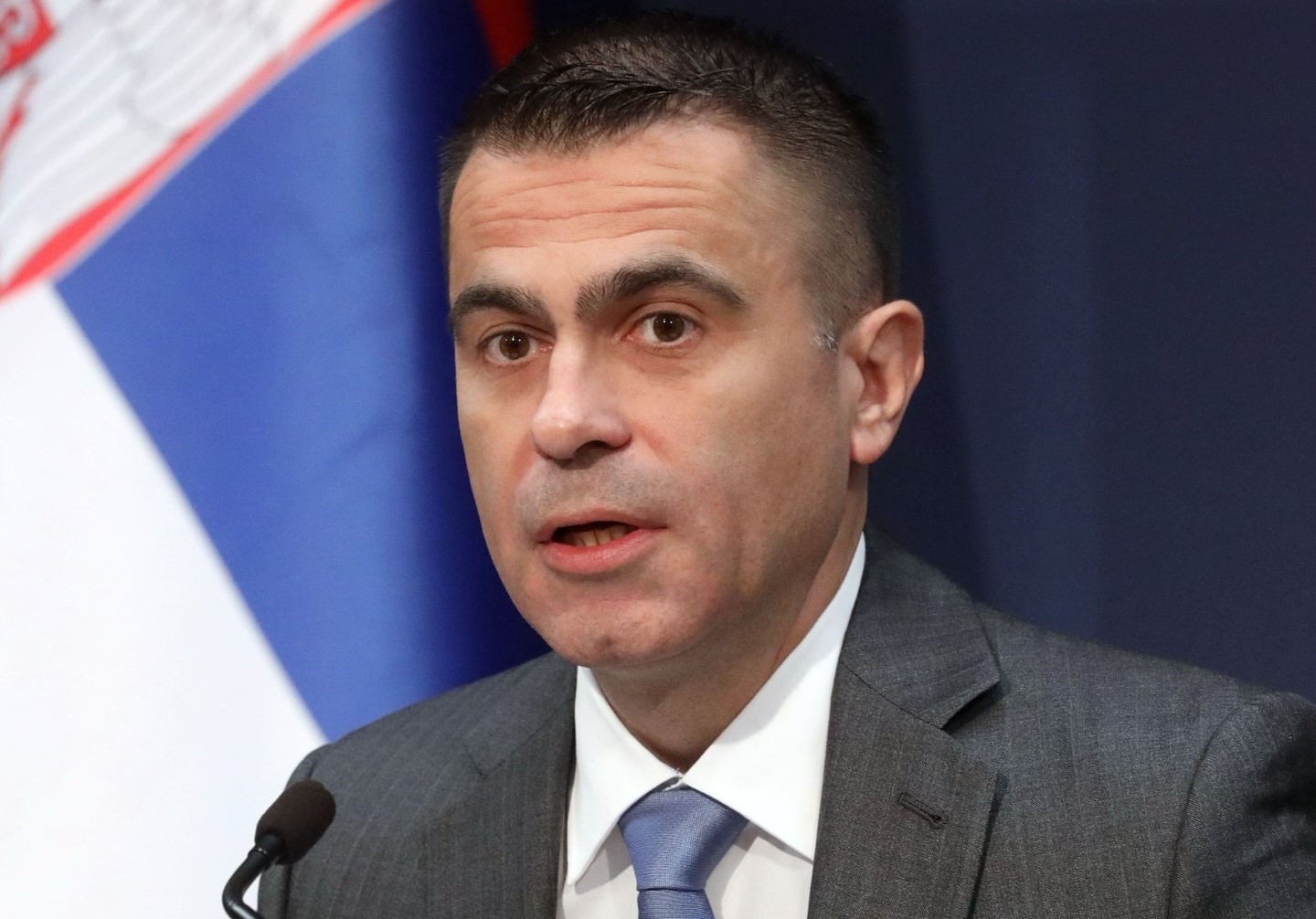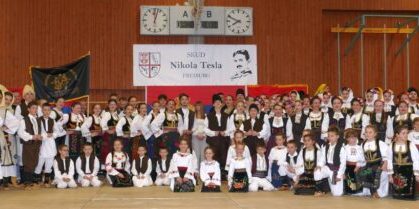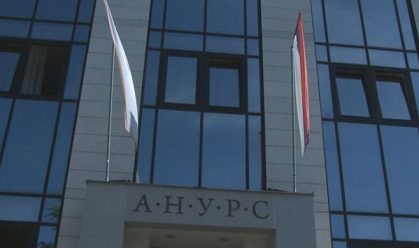The minister without portfolio in charge of coordinating activities and measures in the field of Serbia’s relations with the diaspora, Đorđe Milićević, said that he expected a large number of Serbian citizens to return to the country in the coming period, among other things, due to re-established trust, but also economic stability and stability of the legal system. ‘The distrust that once existed in relation to our compatriots living outside Serbia and the motherland is there no more, primarily owing to the responsible, stable, serious politics of the president and state leadership, both on the external and internal level,’ Milićević said at the event Circular Migration in Serbia: Connecting Worlds – Building Future.
Milićević added that it was often heard that a large number of young people were leaving Serbia, which was absolutely not true, and announced that the elections would be followed by a presentation of a document that was the closest step to final strategy adoption, because the previous one had been adopted 12 years ago and could not respond to the challenges and open issues facing our compatriots today.
He noted the clear determination and commitment of the president and state leadership to strengthen and deepen the existing ties with the compatriots living outside Serbia.
According to him, the achievement of this goal can be reached in three steps: by continuing intensive rapprochement between Serbia and the diaspora, networking relevant organizations, and through discussions so that Serbian citizens understand the importance and significance of occasional or permanent return.
He added that for this purpose, over the past year, they had intensively wanted to involve local self-governments in the overall project, because each local self-government had its own diaspora.
Milićević added that Serbia had EUR 4.4 billion in direct investments in the past year alone.
He said that Serbian Government recognized the need for a systemic approach in order to promote youth return from the diaspora. ‘A number of measures have been implemented to create a favorable environment that will encourage young talents to return and contribute to the development of Serbia,’ he said, adding that institutions intended to support them through various programs, thus facilitating the process of reintegration into the homeland.
‘Our goal in the coming period is to create a unique base of the diaspora and a platform where our compatriots will be able to network, exchange experiences and achieve cooperation, but also to exercise the rights in the motherland,’ he noted.
As a good example, he cited the municipality of Veliko Gradište, which is the only one with a department dealing specifically with its fellow citizens living outside the motherland, and there are 5,000 of them, and total population is 10,000.
It was said at the meeting that circular migrations had added importance for countries like Serbia, which suffered the pressure of demographic challenges.
Source: Politika
Photo: Đorđe Milićević





